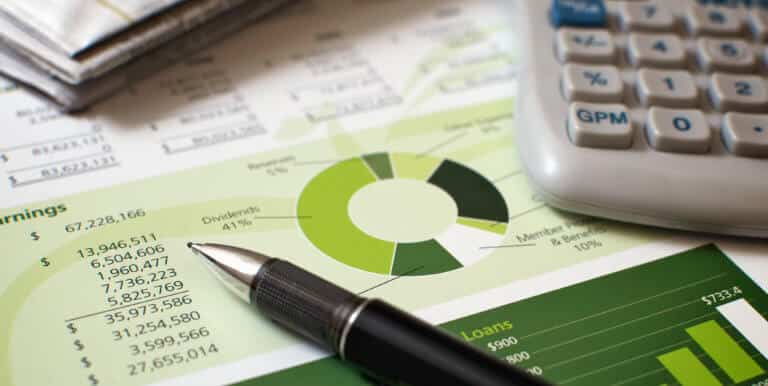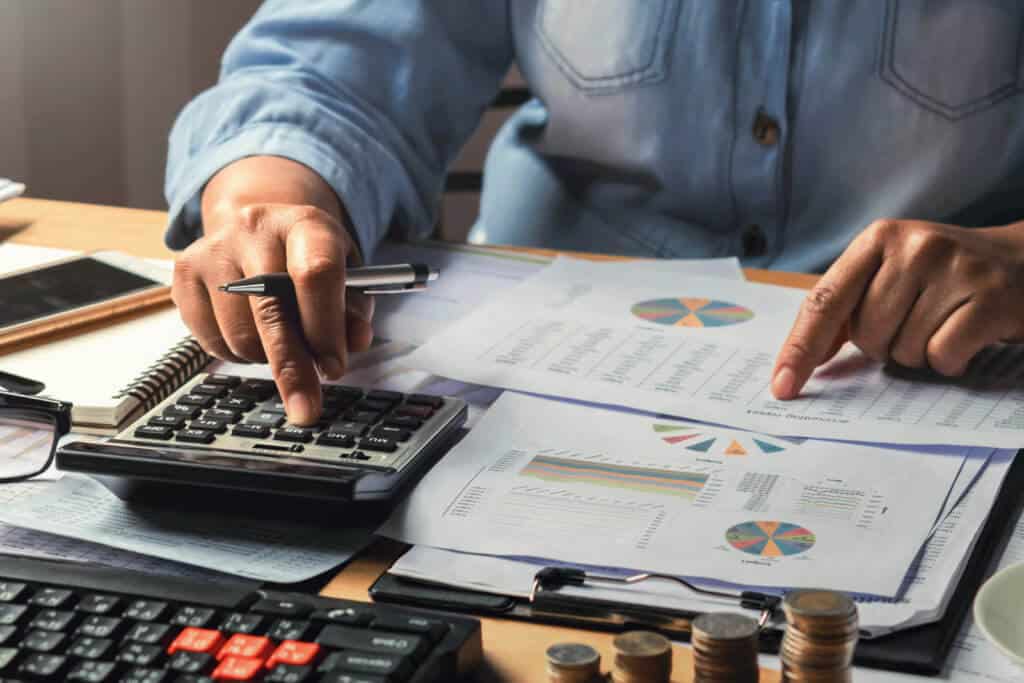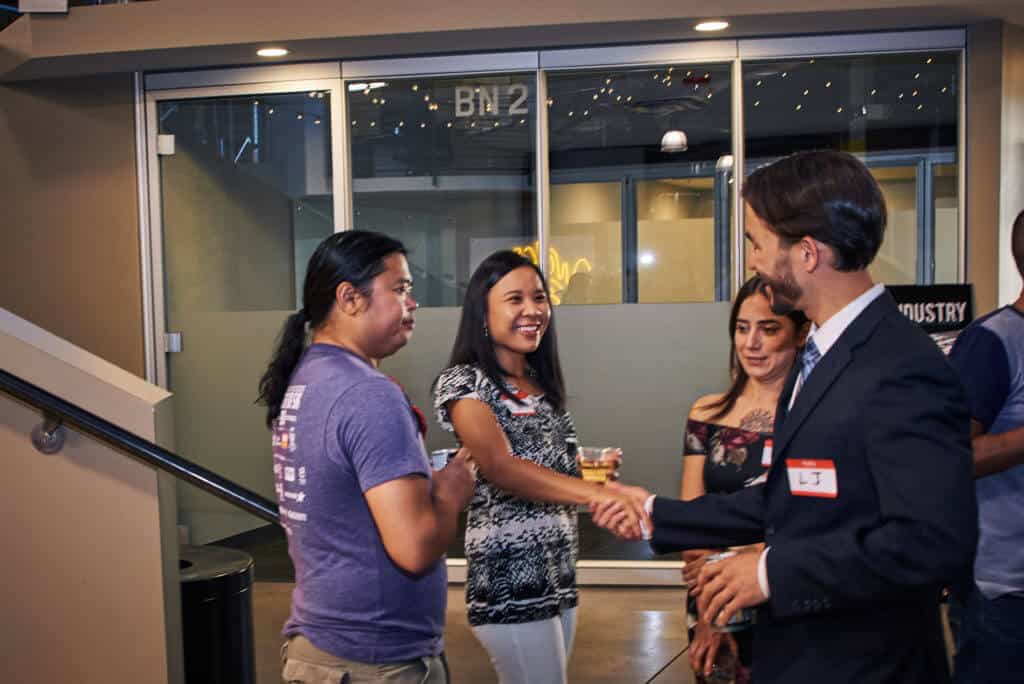Is outsourced bookkeeping and accounting right for your small or medium business?
You may be a small business owner trying to “do it all,” including all your company bookkeeping and finances. The problem is bookkeeping takes you away from far more important tasks, like developing new products and building your customer base. Even if you learn all you can about bookkeeping, that is probably not your area of expertise.
You might have a bookkeeper but are uncertain if they are doing things correctly. How do you verify their work if you, yourself, are not an accountant? An outsourced accounting agency can supervise your bookkeeping staff as a part-time controller.
Or you may be the COO or upper-level manager of a mid-sized company that has recently had to downsize due to market conditions. In uncertain times, a company needs stable, reliable financial support and business guidance, but you may be operating with a streamlined workforce. If you are replacing a bookkeeper, outsourced accounting services are a cost-effective solution.
CFOShare provides expert outsourced bookkeeping and accounting services to meet the needs of medium-sized and small business enterprises, covering all the basics of business, such as daily bookkeeping and payroll management.
Accounting and Bookkeeping Duties for Small Business Entrepreneurs
Think about all the different elements of accounting and bookkeeping that a small business owner must keep on top of:
- Bookkeeping Tasks:
- Record financial transactions
- Prepare and send business invoices and receipts
- Process AP and vendor payments
- Perform customer collections
- Process payroll
- Reconcile bank accounts

- Accounting Tasks:
- Recognize revenue, costs, and other complex accruals
- Record expenses not yet documented
- Prepare financial statements, including cash flow reports
- Analyze the cost of operations
- Complete tax returns and tax planning
- Understand how financial decisions impact other areas of the business

What is the Relationship Between Accounting and Bookkeeping?
Bookkeeping comprises the daily transactional processes of your business and this data feeds into your accounting system. Accounting is higher-level work that includes accruals, tax services and financial statements. Bookkeepers are often supervised by accountants or controllers to ensure accurate data, preventing costly errors.
What Can You Expect from Accounting and Bookkeeping Services?
Professional bookkeeping and accounting services automate data entry, integrate your many software tools, and employ accounting best practices – all reducing the cost and complexity of routine processes. In other words, they cure headaches for small business owners. Bad accounting creates unnecessary demands on one’s time, prolongs month-close and creates regulatory risk.


Why Choose to Outsource Your Accounting and Bookkeeping?
Outsourcing bookkeeping and accounting to a professional agency ensures best practices are followed, saving time and money. Professional financial agencies vet talent better than business owners (who often hire unqualified bookkeepers,) meaning the agency has more experienced staff with less turnover. Even with turnover, using an agency ensures well-documented processes and smoother transitions. Employee bookkeepers often leave with their tribal knowledge.
How Do You Choose a Financial Team for Your Accounting and Bookkeeping?
Look for a team that:
- Has a well-defined onboarding process, rather than just “jumping in” to fix your books.
- Studies your business and accounting processes.
- Designs holistic solutions that are more efficient and reliable.

How CFOShare Can Help Your Business Reach New Heights
Having a plan is critical to success. At CFOshare, we onboard clients using our three-phase process:
- Controls Study & Design – A controller study of accounting processes and procedures, for accuracy and efficiency. Our detailed report includes major and minor risks, suggested improvements and an implementation plan.
- Improvement Implementation – We correct historic accounting, implement new software tools, improve existing procedures, automate, integrate, document all routine processes.
- Month Close and Ongoing Support – Our maintenance agreement can include everything from supervision of your in-house bookkeeper to full-service accounting.
Our offerings are fully customizable to meet your needs and budget. We start with your current accounting system and build up, so you can avoid costly and unnecessary software transitions. We are obsessive about client security, so you don’t have to worry about the safety of your data. Our team is based out of our office in Denver, Colorado, but we can serve companies in all 50 states.
Most CPA and bookkeeping companies don’t have FP&A or CFO talent on their team, which means that you will have to do your own forecasting, variance analysis, budgeting and capital strategy. When you partner with us, you will have your accounting and financial analysis experts working together for greater synergy and a sounder strategy.
At CFOShare, with our bookkeeping, accounting and Fractional CFO services, we’ll help you to achieve your business goals and take your team to the next level!
Free Consultation
We’ll sit down with you for an hour and discuss your business, review your financials, show you what to focus on, and make you aware of major lurking financial risks.

